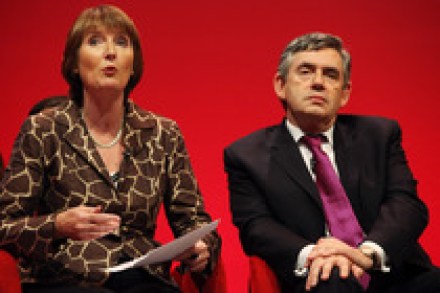Don’t get so worked up — it’s only a blog
I’m not sure how many members of the London Labour party I’ve met over the last 20 years or so. A thousand? Must be something like that. Sitting in local authority buildings which smell slightly of gas, the night outside cold and damp, ploughing through an interminable agenda of candidate selections; or down the pub after canvassing. Nice people, largely — you’d be surprised. I’m not a member any more but a lot of my friends still are, so it’s a constituency I know very well. If you polled them on their views about the Royal Family, I suspect that somewhere between 1 and 2 per cent would declare themselves
















